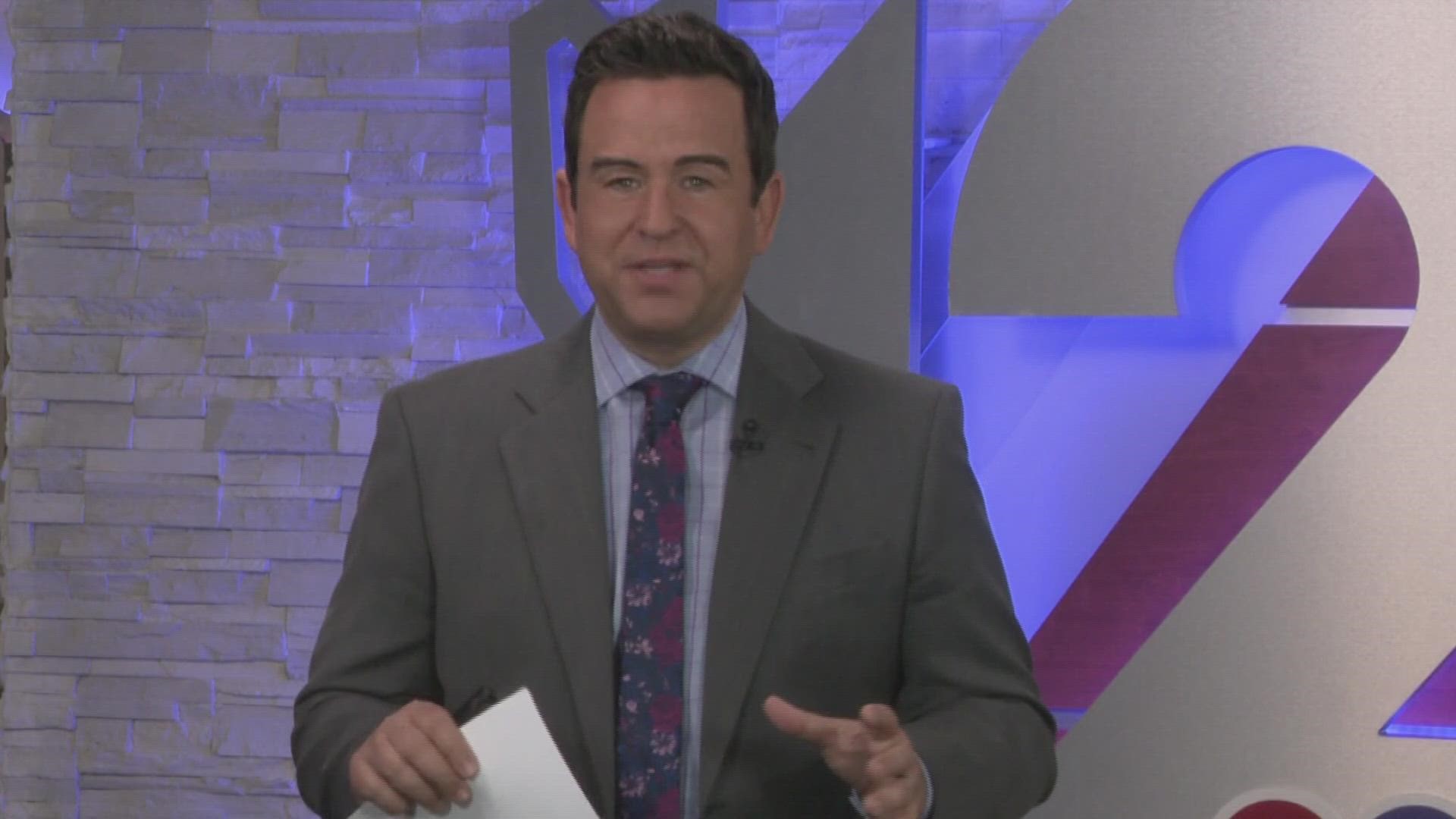ARIZONA, USA — The worldwide body of scientists in charge of assessing climate change and its impacts has released a new, startling report.
The Intergovernmental Panel on Climate Change (IPCC) report, Climate Change 2022: Impacts, Adaptation and Vulnerability concludes that widespread damage to wildlife, ecosystems and civilization is happening at a faster rate than previously predicted.
The report also states that despite incremental efforts by governments, the world is losing ground in its ability to adapt to climate change.
ASU sustainability expert weighs in
Dave White, Director of ASU’s Global Institute of Sustainability and Innovation, says the report is “another in a series of wake-up calls.”
“The extent and magnitude of climate change impacts are larger than in prior assessments,” White said.
The report concludes “climate change has caused substantial damages and increasingly irreversible losses,” including “widespread deterioration of ecosystems” affecting billions of lives around the world.
What the report means for Arizona
The report states changes in temperature, rainfall and extreme weather have all increased in frequency.
“For those of us in the Southwest that typically translates into extreme heat as well as extreme and extended droughts,” White said.
In rural Arizona, the current 23-year drought equates to larger, hotter wildfires and less water for farmers to grow crops due to recent federally mandated cutbacks of Colorado River water.
In urban areas, the drought is causing wells and aquifers to be depleted faster.
In Phoenix, extended heat waves are causing higher death rates, especially among the elderly and low-income Arizonans.
Adaptation and innovation
The report calls for an entirely new vision of how humanity lives alongside nature because our current adaptation efforts are simply not keeping pace.
Examples of current adaptation efforts in Arizona include creating cooling centers in cities during heat waves, logging projects to thin forests, wildlife conservation projects and water conservation initiatives.
Government leaders will need to do much more, with an emphasis on providing safety nets for the most vulnerable, in order to reduce widespread catastrophes and death, according to the report.
Seeking nature-based solutions
White says adaptation efforts aren’t just about reducing the negative impacts of climate change. He says there are ways to use natural infrastructure to enhance the quality of life.
White cites the creation of the Indian Bend Wash Greenbelt in the East Valley as an example of using a natural infrastructure to protect communities from flooding and create green infrastructure at the same time.
“These adaptations to climate change provide a whole range of benefits to health of our communities, to ecosystems which support many services and provide us, especially in the southwest, with those wonderful recreation settings we love to play in,” White said.
Water, forests and heat
According to White, Arizona’s efforts to adapt to climate change should focus on three main areas: water resilience, healthy forests and extreme heat adaptations.
“The governor recently initiated a significant push for policy and investment in water security and resilience so I applaud those efforts and think it’s going to take those and a full suite of different strategies to address water security,” White said.
He added that governments should create more investments in health forests, and in efforts to protect Arizonans from extreme heat in schools, community centers and homeless shelters.
“Investing in adaptation solutions now is smart and saves us from greater investments that will be required in the future,” White said.
Up to Speed
Catch up on the latest news and stories on the 12 News YouTube channel. Subscribe today.

